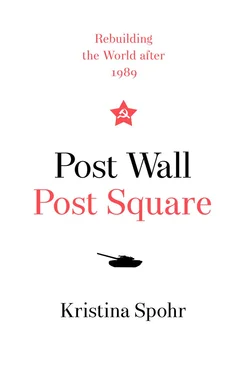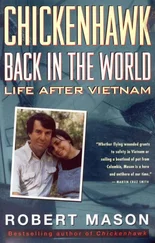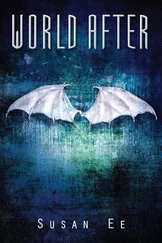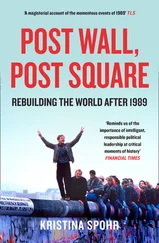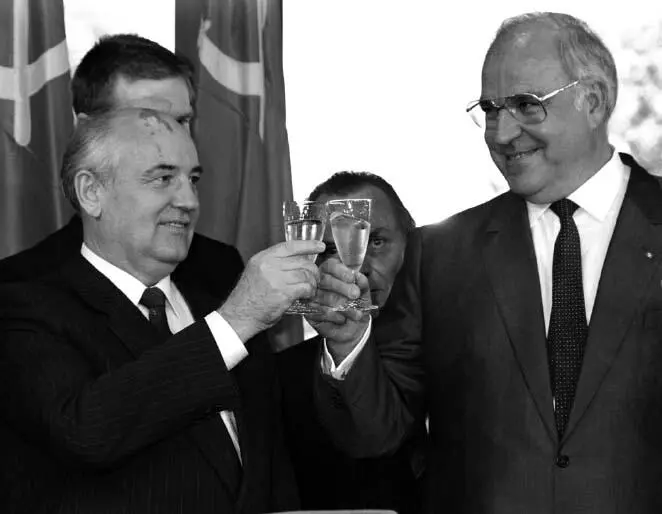
Gorbachev and Kohl: A toast to peace and understanding
Buoyed up by the achievement and the atmosphere, the two men really bonded over the course of three days. They talked in private on a total of three separate occasions. And in contrast to the usually stilted meetings between a Western leader and a communist, they developed the confidence to exchange very candid assessments of their ‘mutual friends’. Both of them respected Jaruzelski; both were keen to support Poland’s transformation under his leadership and also Hungary’s reform course, as long as the latter was not spinning out of control. Each of them had problems with the diehard socialist regime of Erich Honecker, and neither could stand Nicolae Ceaușescu. In Kohl’s opinion the old dictator had plunged his country into ‘darkness and stagnation’; Gorbachev called Romania ‘a primitive phenomenon’, akin to North Korea, ‘in the centre of civilised Europe’. [46]
As human beings they also developed a real closeness, sharing childhood memories and reflecting on their families’ wartime sufferings: ‘There is not a single family’ in either country, said Kohl quietly, ‘whom the war did not touch’. [47]He told Gorbachev that his government saw the visit as marking nothing less than ‘the end of hostilities between Russians and Germans, as the beginning of a period of genuinely friendly, good neighbourly relations’. He added that ‘these are words supported by the will of all the people, by the will of the people who greet you in the streets and squares’. Without doubt, this was another striking feature of the visit. Gorbachev had been welcomed ecstatically in West Germany – the little Rhineland towns, as much as the Ruhr steelworks he visited, were all mobbed with people shouting ‘Gorby, Gorby.’ The conversation between the leaders became increasingly intimate. ‘I like your policy, and I like you as a person,’ confessed Kohl; ‘let’s communicate more often, let’s call each other on the phone. I think we could accomplish many things ourselves without delegating to the bureaucracies.’ Gorbachev agreed: he felt that mutual trust was growing ‘with every meeting’. [48]
On their last evening, after a long and relaxed dinner in the Chancellery bungalow, Kohl and Gorbachev, with only a translator in tow, wandered into the park and down the steps to the Rhine. There they sat on a low wall, chatting occasionally to passers-by, and gazing at the Siebengebirge hills beyond. Kohl never forgot this moment. The two men imagined a comprehensive reordering of Soviet–German relations to be codified in a ‘Grand Treaty’ [49]that would open new perspectives for the future. But Kohl warned that it was impossible as long as Germany remained divided. Gorbachev was unmoved: ‘The division is the result of a logical historical development.’ Kohl did not let go. On that balmy night, in a haze of wine and goodwill, he sensed a not-to-be-missed opportunity. Pointing to the broad, steadily flowing Rhine, the chancellor mused: ‘The river symbolises history. It’s nothing static. Technically you can build a dam … But then the river will overflow and find another way to the sea. Thus it is with German unity. You can try to prevent unification, in which case we won’t experience this in our lifetimes. But as certainly as the Rhine flows towards the sea, as certainly German unity will come – and also European unity.’
Gorbachev listened and this time he did not demur. That evening on the bank of the Rhine, so Kohl thought looking back, was truly a turning point in Gorbachev’s thinking and also in their whole relationship. As they parted the two men hugged each other. An unlikely combination, perhaps: the stocky Kremlin leader and the massive, six-foot four, 250-pound chancellor. But the feeling was real: a political friendship had been born. What’s more, for Gorbachev West Germany had become what he called Moscow’s ‘major foreign partner’ – after the United States – and was therefore playing nothing less than a ‘global role’. [50]
Kohl could now bask in the glow of hugely successful state visits in quick succession from each of the superpower leaders – Bush and Gorbachev. He told the press exultantly: ‘within three weeks the two most powerful men from two different systems visited Germany. This new era brings new responsibilities to Germany’, and also, he added, ‘for peace’. [51]
Gorbachev’s evaluation of the summit was also warm and positive. ‘I think we have come out of a period of Cold War, even if there are still some chills and drafts,’ he announced before leaving. ‘We are simply bound to a new stage of relations, one I would call the peaceful period in the development of international relations.’ He even suggested that the Berlin Wall could ‘disappear when those conditions that created it fall away. I don’t see a major problem here.’ This was a scarcely veiled snub to the Honecker regime. And, alluding to the division of Germany itself, he stated ‘we hope that time will resolve this’. But while speculating about the end of one great geopolitical barrier, Gorbachev also aired his fears of a new, ‘impenetrable wall across Europe’ – referring to the European Community’s plans for a totally integrated single market by 1992. ‘So far we have not heard the economic or political arguments convincing enough to dispell such apprehensions.’ Here is a reminder that in June 1989 the process of ‘European integration’ seemed like a way of deepening the division between the two halves of the continent, rather than a unifying force of the sort that Gorbachev envisaged when he spoke of a ‘Common European Home’ stretching from the Atlantic to the Urals. [52]
For Gorbachev, Bonn was part of a series of visits around Europe in mid-1989 during which – like Bush with his speaking tour in the spring – the Soviet leader presented his evolving ideas about the new Eastern Europe that was emerging through his programme of political and economic restructuring.
In Paris three weeks later, he developed the line taken with Kohl on Poland and Hungary, insisting that communist countries ‘now in transition’ would ‘find a new quality of life within a socialist system, a socialist democracy’ as the ‘process of democratisation’ ultimately transformed all of Eastern Europe. In other words, what was going on within the Soviet bloc was reconstruction not deconstruction. Yet, pointing to the historical connections between 1789 and 1917, he declared that perestroika was also a ‘revolution’. Speaking to a packed and eager audience of professors, writers and students in the Sorbonne – a venue he had specially requested – Gorbachev felt like the intellectual that he yearned to be. He philosophised about the fundamentally ‘new global problems facing mankind at the end of the twentieth century’ to which his ‘new thinking’ provided answers. He warned the West not to expect Eastern Europe’s ‘return to the capitalist fold’ or to cherish ‘the illusion that only bourgeois society represents eternal values’. [53]
Lurking beneath these comments was Gorbachev’s real irritation with those addresses Bush had delivered in April and May. He did not see any ‘realism’ or a ‘constructive line’ in those statements and in fact found them ‘quite unpleasant’, he told Kohl in Bonn. ‘Frankly speaking, those statements reminded us of Reagan’s statements about the “crusade” against socialism.’ Like Reagan, Bush ‘appealed to the forces of freedom, called for the end to the “status quo”, and for “pushing socialism back”. And all this’, Gorbachev fumed, ‘at a time when we are calling for the de-ideologisation of relations. Unwillingly, questions come to mind – where is Bush genuine, and where is Bush rhetorical?’ [54]
Читать дальше
